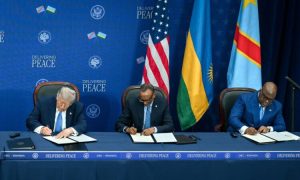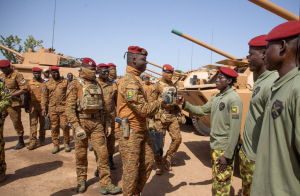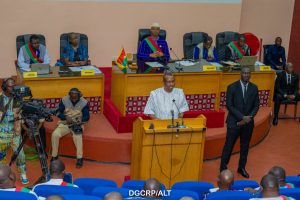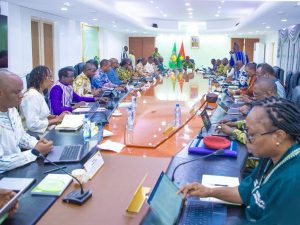Algeria / AES: What can we learn from the many international meetings and conferences held in Algiers to resolve the security challenges in the Sahel?
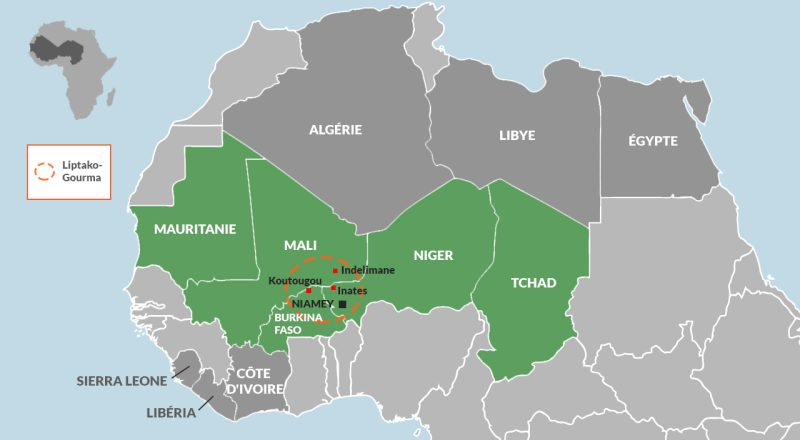
In a recent flurry of actions, Algeria has captured attention with its initiatives towards the nations of the Alliance of Sahel States (AES), casting doubt on the consistency of its commitment to stability and security in a region shaken by terrorism.
Despite a history of active participation in international discussions aimed at resolving the security and socio-economic challenges of the Sahel, recent attacks by Algerian government media on countries such as Mali, Burkina Faso, and Niger have clouded the true intentions of Algeria in the region, giving rise to anonymous speculations suggesting tacit support for terrorist groups.
The abrupt closure of support loan accounts for Sahel nations raises questions about Algeria’s credibility as a reliable partner in the fight against terrorism and instability in the region.
Algerian government media, through their hostile actions, raise legitimate questions about Algeria’s true motivations and the complex nature of its relations with Sahel actors.
Is it a continuing commitment to terrorist groups operating in the region, or is Algeria adopting a hypocritical stance by claiming to be an ally of AES countries while taking hostile actions against them?
In this complex landscape, it becomes imperative to support AES authorities in their quest for sovereignty and security.
No country should be subjected to unjustified external pressures that compromise its ability to make sovereign decisions in the interest of its people.
Algeria’s unilateral actions only exacerbate the suffering of Sahel populations and hinder efforts to establish peace and prosperity in the region.
In conclusion, the recent maneuvers of Algerian government media shake Algeria’s credibility as a reliable regional partner, prompting AES authorities to fully assume their responsibilities.
It is crucial for Algeria to reassess its position to foster constructive and enduring cooperation in the region.
Titi KEITA







